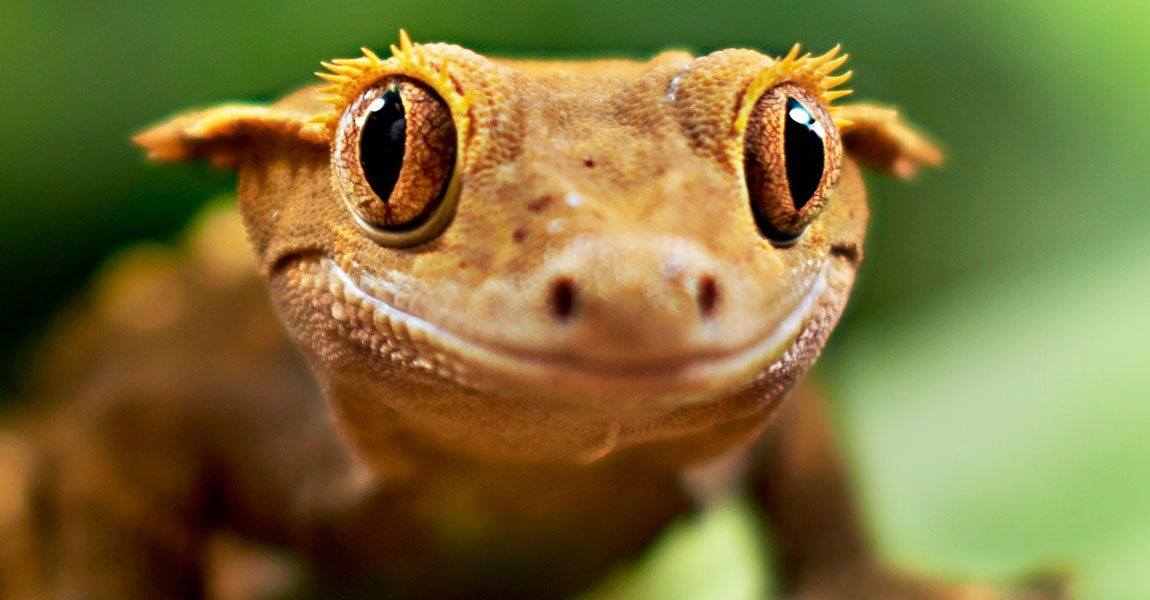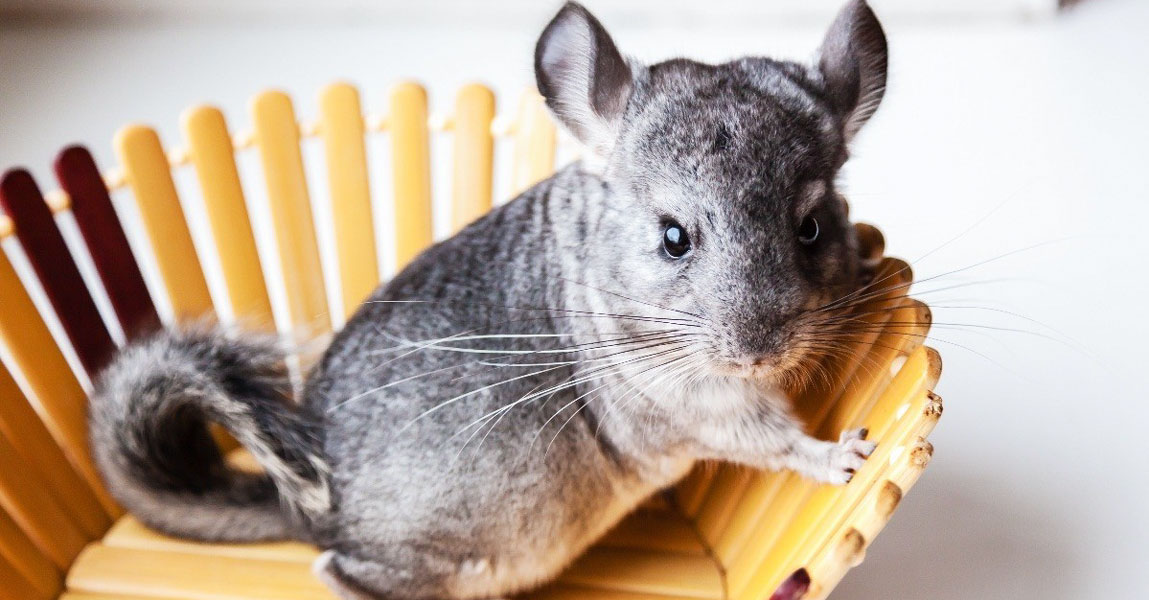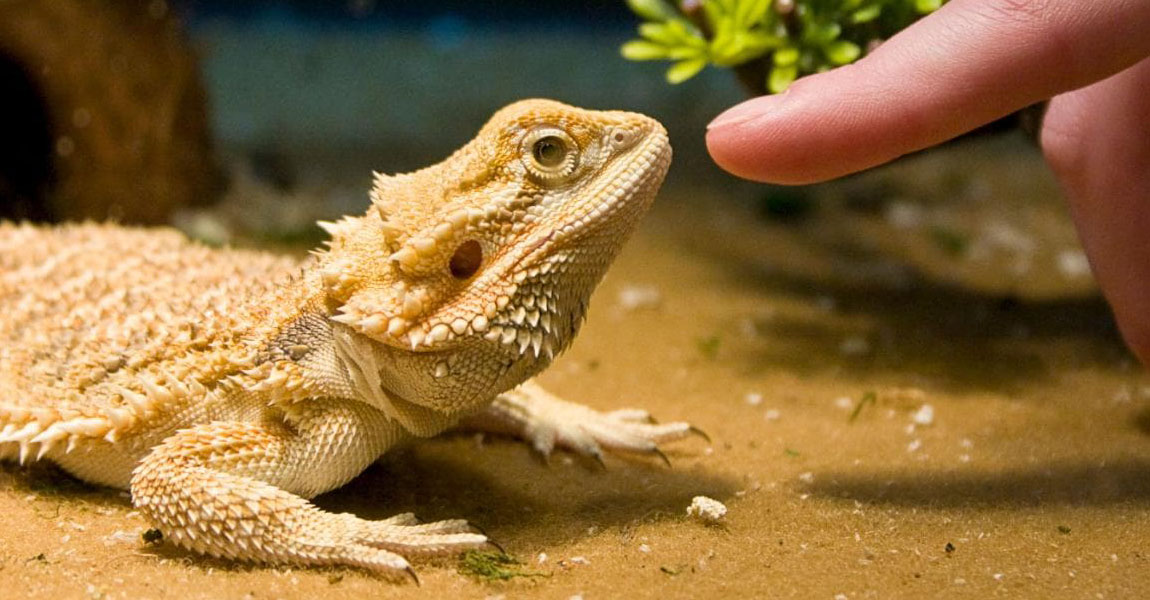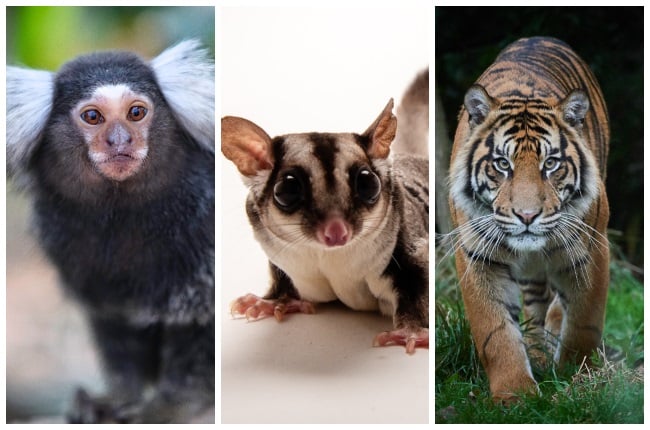Exotic Pets & Indigenous Animals in South Africa and understanding the difference
In recent years, the world of pet ownership has expanded beyond traditional domestic animals, with more people showing interest in exotic pets. At Absolute Exotics SA, we often encounter questions about what exactly constitutes an “exotic pet” and how they differ from indigenous animals, which are part of South Africa’s rich wildlife heritage. This guide will break down the differences and help exotic pet enthusiasts and wildlife lovers better understand these two fascinating categories.
What Are Exotic Pets?
Exotic pets are animals not typically domesticated or found as pets in most households. They can include reptiles, birds, primates, and other unusual species from various parts of the world. Exotic pets are usually bred in captivity, making them better adapted to life in human care. They are unique, often require specialized care, and provide their owners with a glimpse into the beauty and diversity of the animal kingdom.
Some examples of exotic pets include:
- Marmoset Monkeys: Popular for their small size and curious nature.
- Fennec Foxes: Known for their large ears and playful disposition.
- Crested Geckos: A beautiful, low-maintenance reptile that is now commonly kept as a pet.
- Parrots: Colorful and intelligent birds that form strong bonds with their human caretakers.
Exotic pets are typically regulated by laws and permits to ensure their health and safety and that of the surrounding environment.

What Are Indigenous Animals?
Indigenous animals, also known as native or endemic animals, are species naturally found in specific regions. They play essential roles in their ecosystems, contributing to the balance of local habitats. Indigenous animals are adapted to the specific climate, vegetation, and other environmental factors of their natural habitats, and they rely on native ecosystems to survive and thrive.
In South Africa, our indigenous wildlife includes iconic species such as:
- Lions and Leopards: Key predators in the food chain that help maintain balance in ecosystems.
- Elephants: Known for their intelligence and social bonds, they play a crucial role in shaping the landscape.
- Springboks and Kudus: Graceful antelope species found in various regions of the country.
- African Penguins: Unique seabirds that are native to the coastlines of South Africa.
Unlike exotic pets, indigenous animals are protected by conservation laws to prevent poaching, trafficking, and habitat destruction. They’re meant to live freely in the wild or in designated wildlife reserves and are generally not intended for private ownership.

Key Differences Between Exotic Pets and Indigenous Animals
- Origin:
Exotic Pets: Usually bred in captivity and can come from various parts of the world.
Indigenous Animals: Native to specific regions, including their natural habitats, where they contribute to the local ecosystem. - Adaptation to Captivity:
Exotic Pets: Bred and raised to adapt to life in human care, often requiring specific enclosures, diets, and care routines.
Indigenous Animals: Adapted to their natural environments and may suffer stress or harm if removed from them. - Legal Considerations:
Exotic Pets: Ownership is often legal with appropriate permits, though regulations vary depending on the species.
Indigenous Animals: Generally protected by law, with strict regulations to prevent private ownership and protect them from exploitation. - Care Needs:
Exotic Pets: Require specialized knowledge and resources. At Absolute Exotics SA, we emphasize the importance of providing correct care, proper diets, and enriching environments.
Indigenous Animals: Are best left in their natural habitats or professional wildlife conservation areas, where they can exhibit natural behaviors and contribute to biodiversity. - Conservation and Protection:
Exotic Pets: While some exotic pets can be sustainably bred, others face risks from illegal trafficking and exploitation.Indigenous Animals: Conservation efforts focus on protecting their natural habitats and preventing human encroachment.
The Importance of Responsible Pet Ownership
For anyone interested in exotic pet ownership, understanding the unique needs of these animals is essential. It’s a commitment to care, education, and respect for these species. At Absolute Exotics SA, we support responsible ownership by providing resources, education, and a community for exotic pet enthusiasts in South Africa.
Remember, exotic pets may offer a rewarding experience, but they are not the same as indigenous wildlife. Owning an exotic pet requires dedicated care and respect for the species, while indigenous animals need our support in preserving their natural habitats and preventing extinction.
Supporting Indigenous Wildlife & Exotic Pet Conservation
By understanding the differences between exotic pets and indigenous animals, we can better appreciate and protect both groups. While exotic pets can thrive in human care with the proper setup and commitment, indigenous animals remind us of the beauty of our natural world. It’s crucial to recognize that indigenous species belong in the wild and must be protected to maintain South Africa’s unique biodiversity.
If you’re considering an exotic pet, reach out to us at Absolute Exotics SA for information, resources, and guidance. Together, we can ensure a safe and ethical environment for exotic pets and a preserved habitat for our native wildlife.
Ready to explore the world of exotic pets responsibly?
Visit our Information Hub for more articles, resources, and support on everything you need to know about exotic pet care in South Africa.




